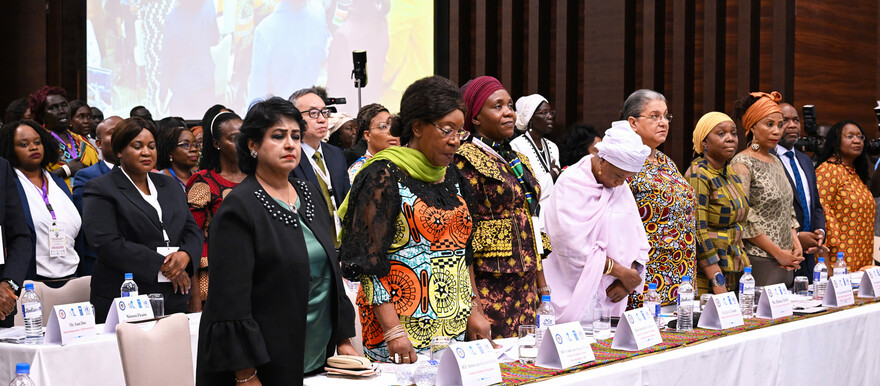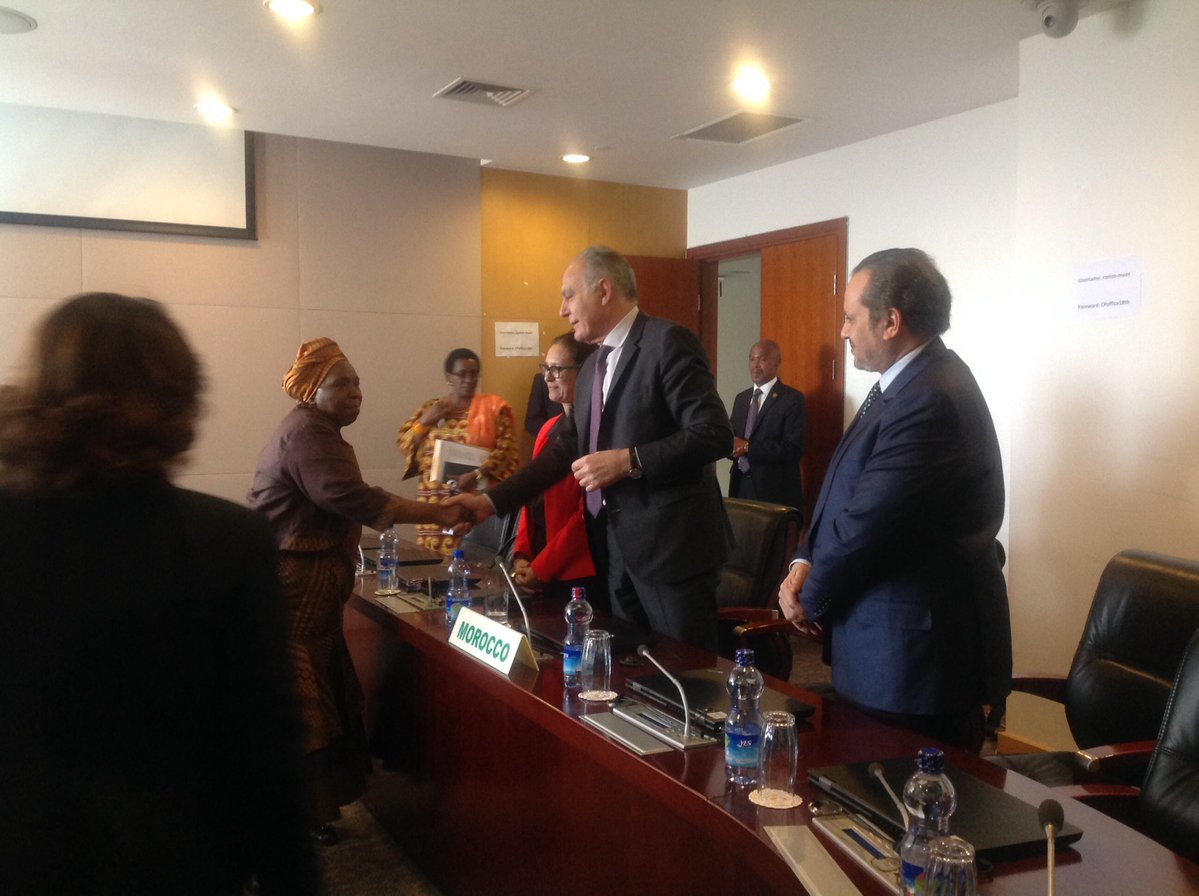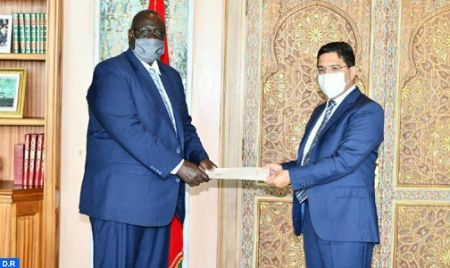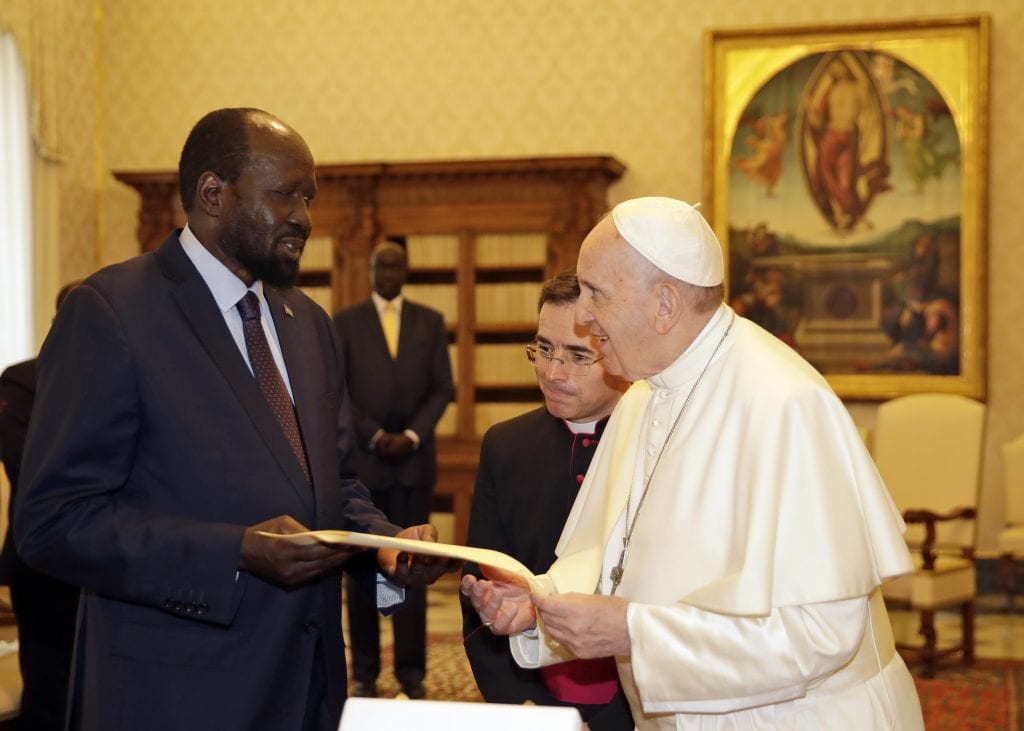While Africa claims top three spots in Mastercard Index for highest concentration of women business owners in the world, a great majority of females on the continent are still struggling with gender biases in their every-day lives.
Women leaders from across Africa attending a recent first International Conference on Women’s Transformational Leadership, in Juba, South Sudan, called for swift, concerted action to advance gender rights on the continent. The goal of the UN-backed three-day conference was to advance progress, tackle pressing concerns and find sustainable solutions to issues affecting women and girls in South Sudan and across Africa. But while overall gender inequality in Africa remains high, the continent has the highest female representation at the board level of any region in the world, at 25% against a global average of 17%, according to a 2019 McKinsey report. The gender parity score (GPS) for African women in leadership positions — including top- and middle-management positions — is just 0.33, a little below the global average of 0.37, the report found.
Still the overall progress toward gender parity in Africa has stagnated in recent years. At the current rate of progress, it would take Africa more than 140 years to reach gender parity. One of the reasons is that women across Africa face gender-specific challenges. When the African Continental Free Trade Area (AfCFTA) was launched more than two years ago, many female entrepreneurs hoped that the world’s largest free-trade area, with a market of 1.2 billion people, would boost their businesses and reduce endemic poverty. But they are missing out on the opportunities because their businesses are mostly small, have low productivity and get little funding from governments and agencies. Women entrepreneurs also report lots of harassment from customs and police officers, particularly when it comes to bribes. This is even though the United Nations estimate that 70% of informal cross-border trade in Africa is conducted by women traders.



